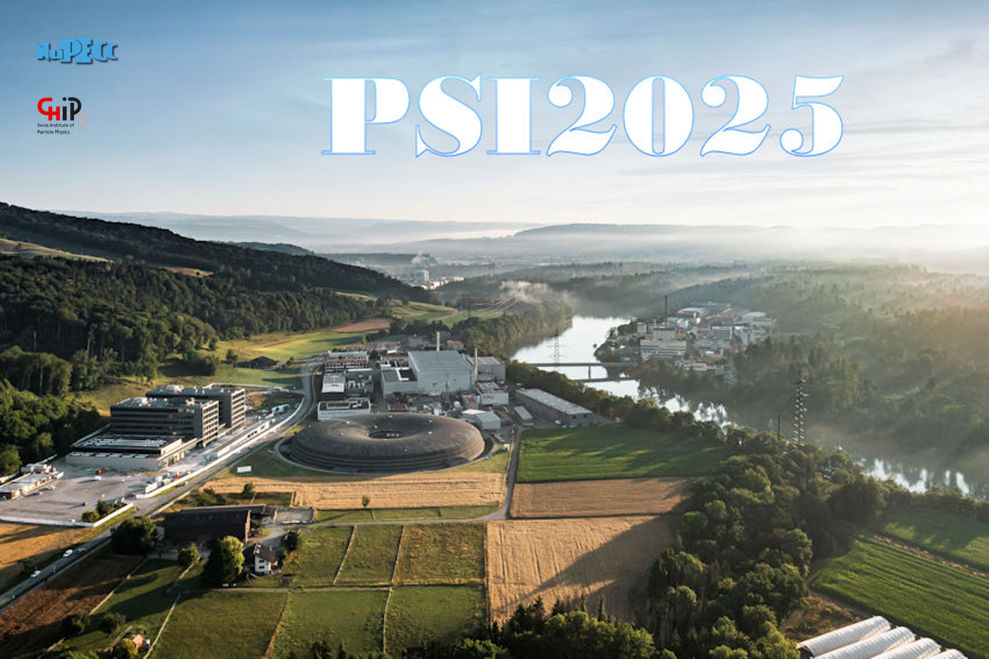Speaker
Description
The MEG II experiment, conducted at PSI from 2021 and planned through 2026, targets a $\mu\to e\gamma$ search with a sensitivity of $6\times 10^{-14}$ to the muon branching ratio. While the experiment has already demonstrated the potential to reach the target sensitivity, improvements in the reconstruction and analysis techniques will enhance the sensitivity beyond the target value.
This study focuses on the positron spectrometer, designed to detect 52.8 MeV positrons from muon decays. A major challenge in the positron reconstruction has been the performance degradation due to the high pileup environment. To address this, a Transformer-based machine learning algorithm was introduced, implemented as a classifier to filter out noise hits. By improving the signal hit purity, the Transformer led to an O(10%) increase in the positron tracking efficiency.
This presentation will detail the design and integration of the Transformer within the positron tracking framework. This will then be followed by an evaluation of the resulting tracking improvements and their expected impact on the sensitivity of the experiment.

